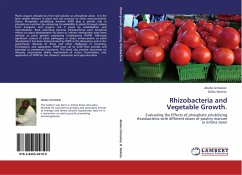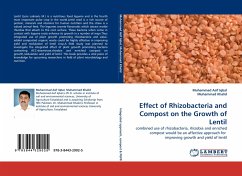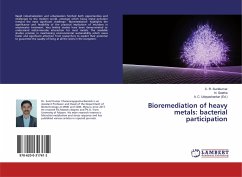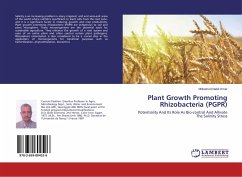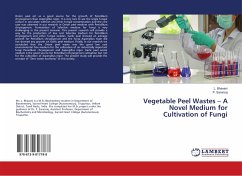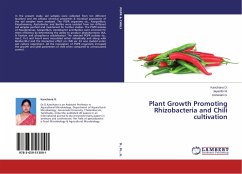Plants acquire phosphorus from soil solution as phosphate anion. It is the least mobile element in plant and soil contrary to other macronutrients. Hence Phosphate solubilizing bacteria (PSB) play a pivotal role in phosphorus nutrition by enhancing its availability to plants through release from inorganic and organic soil P pools by solubilization and mineralization. Root colonizing bacteria (rhizobacteria) exert beneficial effects on plant development via direct or indirect mechanisms have been defined as plant growth promoting rhizobacteria (PGPR). Although significant control of plant pathogens or direct enhancement of plant development has been demonstrated by PGPR in the laboratory and in the greenhouse. Because of these and other challenges in screening, formulation, and application, PGPR have yet to fulfill their promise and potential as commercial inoculants. This book also provide awareness on diversity, colonization ability, mechanisms of action, formulation, and application of PGPR for the students, researcher,and agriculturalists.
Bitte wählen Sie Ihr Anliegen aus.
Rechnungen
Retourenschein anfordern
Bestellstatus
Storno

